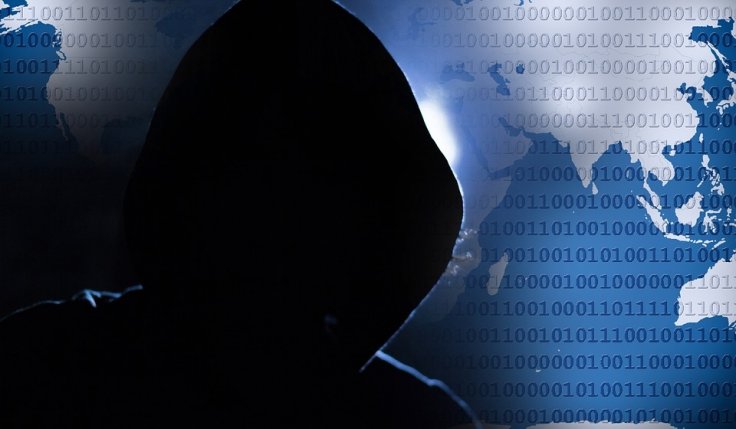The suspected hackers from North Korea have recently tried to break into at least nine health organizations, which included Johnson & Johnson and the vaccine developer Novavax Inc, revealing an effort to target the key players in the race for developing the treatments of coronavirus or COVID-19, as per reports.
Four people who probed the attacks stated that the spate of hacking attempts started in September and used the web domains mimicking the online login portals for trying and tricking the staff at the targeted organizations into revealing the passwords.
The attempts included a bid to hack AstraZeneca also. North Korea has confirmed no coronavirus infections but the National Intelligence Service of South Korea has stated an outbreak there cannot be ruled out as the nation had trade and people-to-people exchanges with China, which is probably the source of the pandemic.
COVID-19 and North Korea

A review of the available internet records by Reuters shows that the web domains and servers used by the attackers have earlier been identified by the US government and security researchers as a part of the hacking campaign by North Korea. The other targets identified by the sources included the Beth Israel Deaconess Medical Center in Boston, the University of Tuebingen in Germany among others.
Reuters could not determine if any of the hacking attempts were successful. The mission of North Korea to the United Nations in New York did not immediately respond to a request for comment. A message sent to an email address used by hackers was not responded to. Pyongyang had previously denied carrying out cyberattacks.
The spokesperson of Novavax Amy Speak stated that her company was aware of the threat and was coordinating with the experts. "We are confident we can continue to progress with our COVID-19 vaccine candidate without disruption and that these incursions do not pose a risk to the integrity of our data," she said as reported by the Metro US.
A spokeswoman from the University of Tuebingen stated that the staff was repeatedly targeted by hackers but the recent attacks were detected and blocked. Johnson & Johnson and Beth Israel did not respond. Digital espionage against the health bodies, vaccine makers have increased during the coronavirus pandemic.









